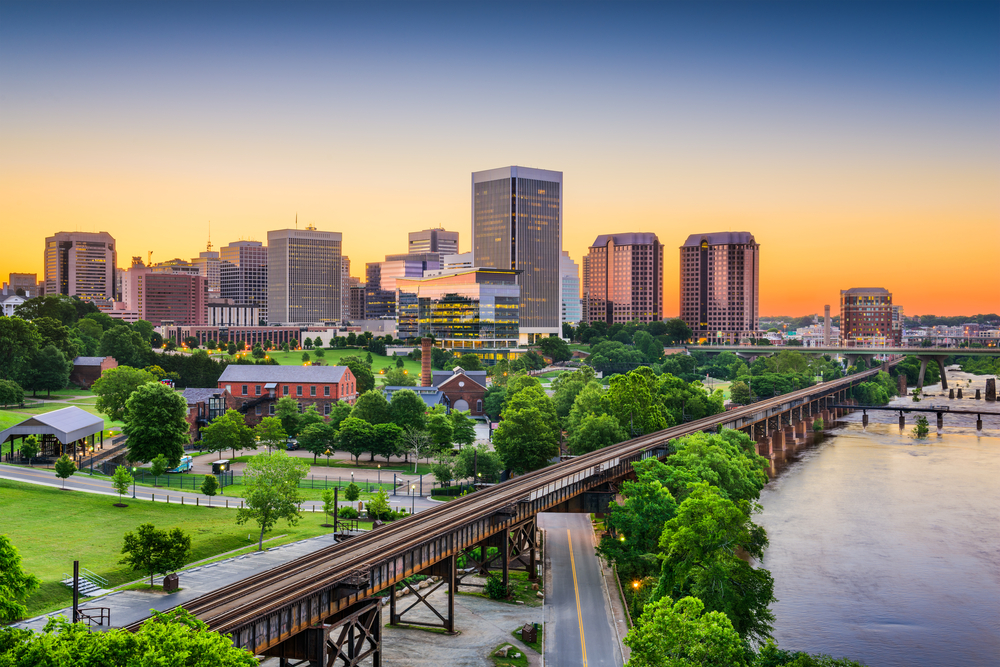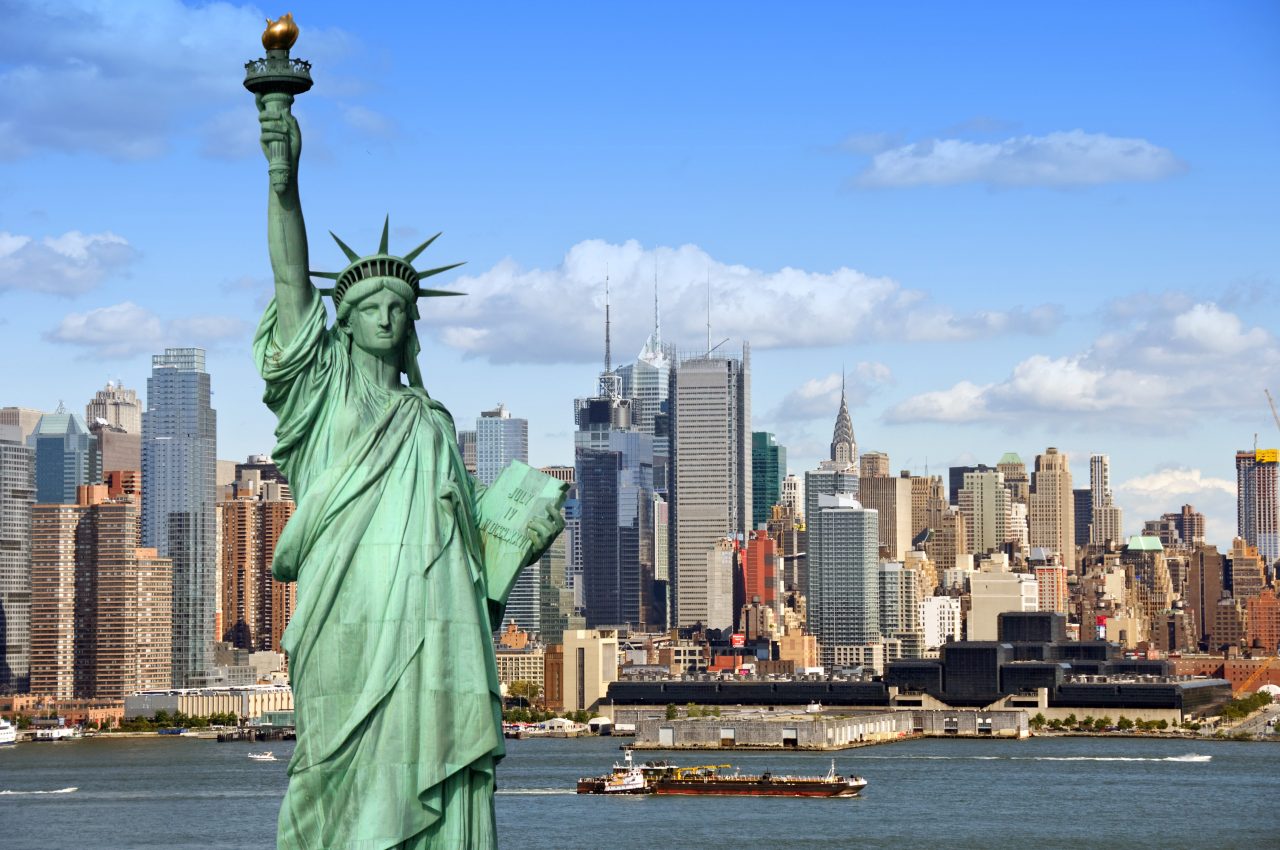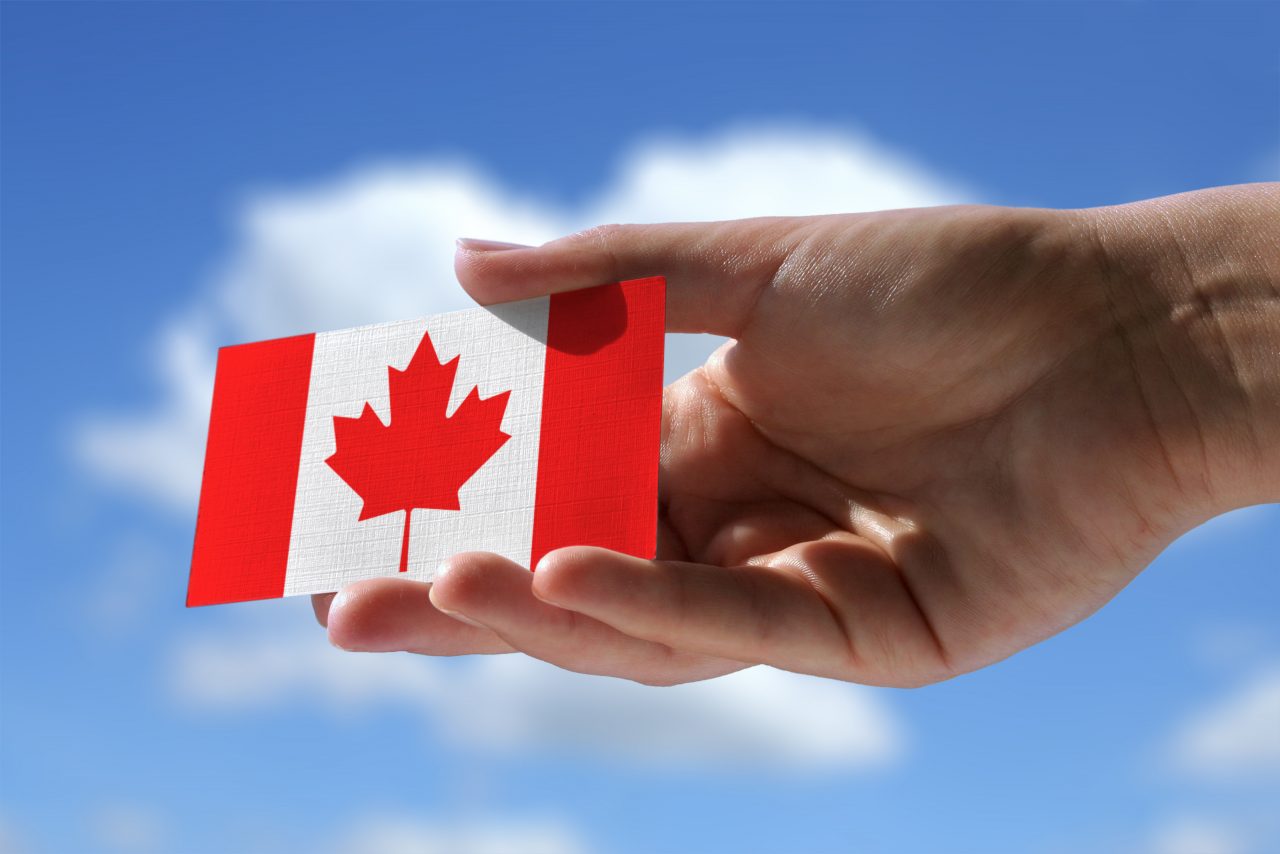Join GlobalBizzNetwork and start your international business network today.
Virginia

Virginia was home to 653,193 separate firms in the 2012 U.S. Census Survey of Business Owners, with 54% of those majority male-owned and 36.2% majority female-owned. Approximately 28.3% of firms were also majority minority-owned, and 11.7% were veteran-owned.Twenty-one Fortune 500 companies are headquartered in Virginia as of 2019, with the largest companies by revenue being Freddie Mac, General Dynamics, and Capital One. The largest by their number of employees are Dollar Tree in Chesapeake and Hilton Worldwide Holdings in McLean.
Virginia’s business environment has been ranked highly by various publications. In 2019, CNBC named Virginia their Top State for Business, with its deductions being mainly for the high cost of living,while Forbes magazine ranked it fourth, though number one in quality of life.Additionally, in 2014 a survey of 12,000 small business owners found Virginia to be one of the most friendly states for small businesses.[199] Oxfam America however ranked Virginia last in their July 2018 ranking of best states to work in, largely due to a low minimum wage of $7.25, and the state’s organized labor laws. Though the topic was debated during in the 2019–20 General Assembly session, Virginia has been a “right to work” state since 1947, and an employment-at-will state since 1906.
Virginia has the highest concentration of technology workers of any state,and the fourth-highest number of technology workers after California, Texas, and New York.Computer chips became the state’s highest-grossing export in 2006,[204] with a total export value of $694 million in 2019. Northern Virginia, once considered the state’s dairy capital, now hosts software, communication technology, defense contracting companies, particularly in the Dulles Technology Corridor and Tysons Corner areas. The state has the highest average and peak Internet speeds in the United States, with the third-highest worldwide.Northern Virginia’s data centers can carry up to seventy percent of the nation’s Internet traffic,and in 2015 the region was the largest and fastest growing data center market in the nation.
Tourism in Virginia supported an estimated 234,000 jobs in 2018, making tourism the state’s fifth largest industry. It generated $26 billion, an increase 4.4 percent from 2017. The state was eighth nationwide in domestic travel spending in 2018, with Arlington County the top tourist destination in the state by domestic spending, followed by Fairfax County, Loudoun County, and Virginia Beach.Virginia also saw 1.1 million international tourists in 2018, a five percent increase from 2017.



